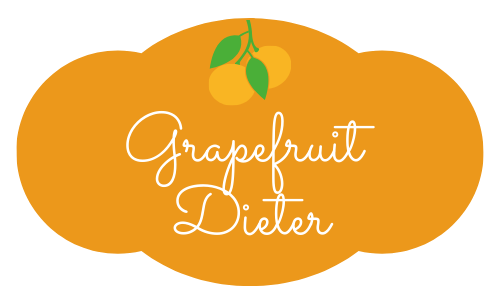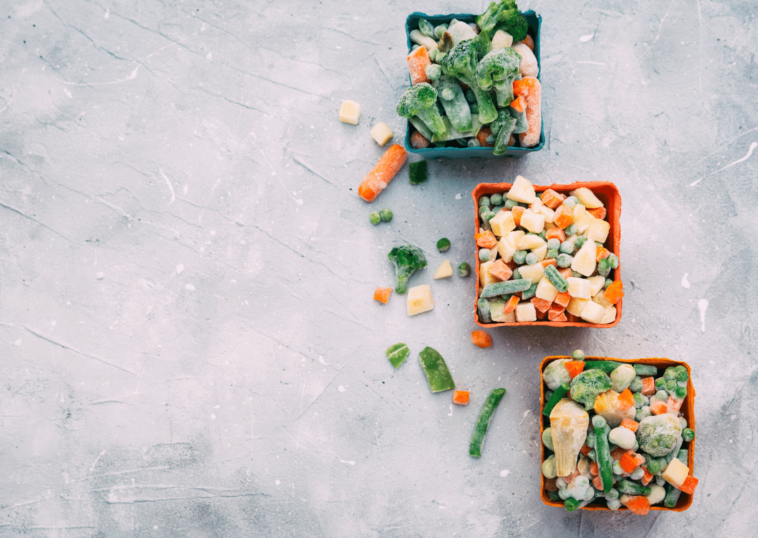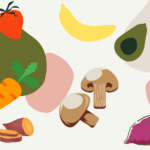There is a tendency to believe that frozen vegetables are unhealthy foods and do not have any good nutritional value. However, this is not entirely true.
In fact, most fresh and frozen vegetables are similar in their vitamin and mineral content. This is because the freezing process does not deteriorate the food but rather helps preserve its nutrients.
Read on to know the pros and cons of frozen vegetables, and how to cook frozen veggies while maintaining the healthy nutrients?
What are frozen vegetables?
Frozen vegetables are a product obtained by shock freezing technology. For this, pre-washed and dried vegetables are blown with air at a temperature of minus 35 ° C in a special chamber, which guarantees complete freezing in 20-30 minutes.
In fact, quick freezing interferes with ice crystallization and texture degradation, being one of the most effective methods for preserving freshness and flavor.
Frozen vegetables use a shock freeze time to cut at their peak and at the maximum level of ripeness. In terms of nutrients, “fresh” vegetables from the supermarket are often similar.
Advantages and disadvantages
The advantages of frozen vegetables are obvious: they can be stored much longer, do not require pre-processing (they have already been washed and cut), and are also suitable for cooking by various methods. They can be stewed, baked, boiled, and even reheated in the microwave.
Regarding the content of carbohydrates, calories and other macronutrients, these practically do not differ between fresh and frozen.
As of the disadvantages of frozen vegetable, in most cases do not have direct harm to health.
The main fundamental disadvantage is that frozen vegetables can only be defrosted once. The new freezing compromises the presence of microorganisms that can cause damage to the body. It also destroys the texture of the product and turns it into ice. This is especially true for frozen fruits and berries.
Vitamin and mineral content
Research suggests that the freezing process preserves most of the vitamins and minerals in vegetables. (2) Also, green vegetables (especially broccoli and green beans) are generally additionally treated with ascorbic acid (vitamin C) to maintain their color.
On the other hand, when vegetables are boiled in water, these vitamins simply break down. This is the case for water-soluble vitamins (such as B vitamins), which are most often lost during cooking.
That is why to preserve the nutrients in frozen vegetables it is important that they are cooked gently without boiling or overheating.

How to cook frozen vegetables correctly?
The best method to prepare frozen vegetables is to steam them in a double boiler. After 5-7 minutes, the vegetables are ready to use as an ingredient in dishes, for example, for frying or for stewing with meat.
Frozen peas or corn can simply be boiled in boiling water for 2-3 minutes; the presence of the peel will protect against the destruction of vitamins. Also, many types of frozen vegetables can be pan-fried first and then lightly stewed.
Before buying frozen vegetables, it is recommended that you examine the package and observe that it does not have extra ingredients. The ingredient list should only be naturals, but not vegetable oils, starch, and other additives.
SUMMARY
The content of vitamins and minerals in frozen vegetables is usually identical to that of fresh ones. In terms of potential damage, freezing does not mean the use of preservatives, polymers, and antimicrobial agents to maintain freshness.



